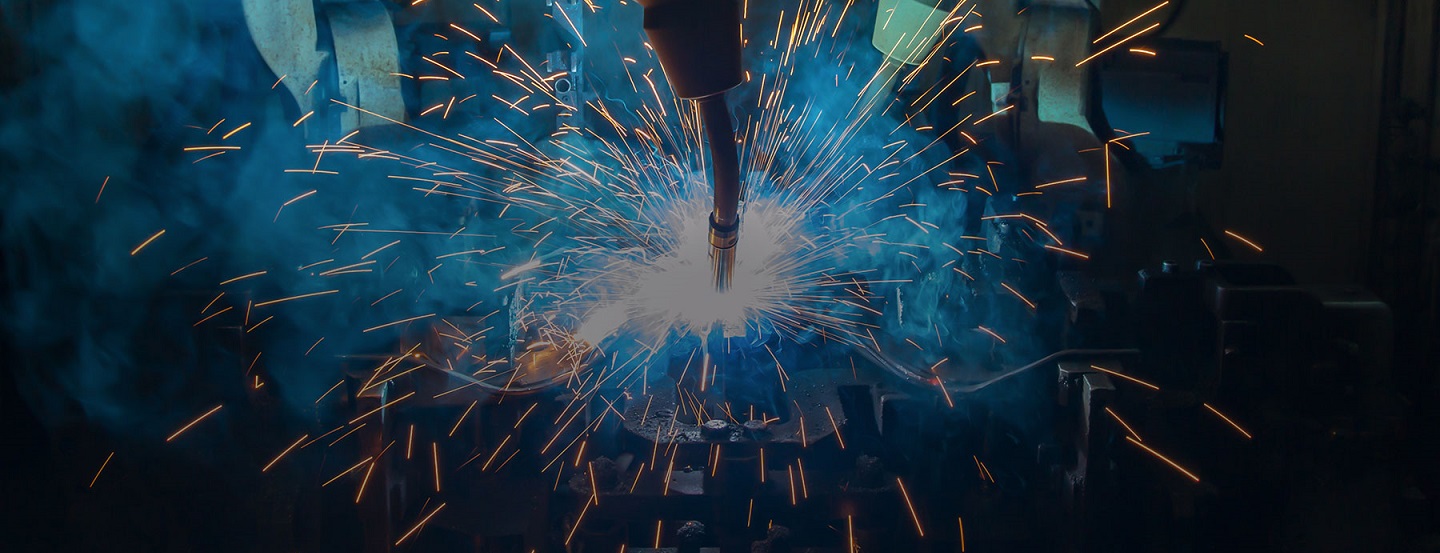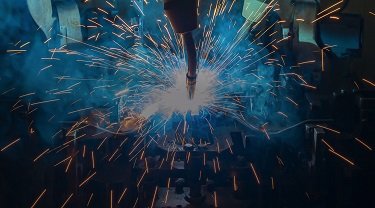While it’s uncertain if any changes to NAFTA will affect Canada’s auto sector, North America’s most integrated industry is poised for a technology transformation, creating new opportunities for domestic tech startups.
Canada is uniquely well-positioned to lead on the design, development and production of the cars of the future.
“I’m proud to see Canadian companies showcasing their leadership in developing advanced technologies that are shaping the future of the auto industry. Canada’s strengths in automotive innovation will enable Canadians to develop the skills needed for the good-quality jobs of today and tomorrow,” said Navdeep Bains, Minister of Innovation, Science and Economic Development, at January’s North American International Auto Show. “Canada is uniquely well-positioned to lead on the design, development and production of the cars of the future.”
And those cars of the future are lighter, more fuel efficient, often powered by electricity, digitally connected and self-driving.
“We’re seeing information communication technologies (ICT) and the automotive sector coming together,” says Christian Bertrand, EDC Automotive Sector Specialist. “Tech companies are starting to see the auto sector as rich in opportunities.”
One reason is the tough pollution targets for autos put in place by former U.S. President Obama, as well as customer demand for connectivity.
According to Steve Carlisle, President and Managing Director of General Motors Canada, that’s fueling a tech revolution in the auto sector.
“A decade ago, the big advances were found inside the car and under the hood. Now innovation extends well beyond the car through mobile connectivity and business model transformation,” he said in a 2016 opinion piece in the Montreal Gazette. “We see the future of the automobile as increasingly electric, connected, autonomous (or self-driving) and an integral part of the sharing economy.”
A number of Canadian companies across Canada, including in B.C., Ontario and Quebec, are driving the innovation agenda in the new-age automotive space.
The trend is very clear in Silicon Valley North, Waterloo, the home of BlackBerry and its QNX Automotive Software Division. The former smartphone giant has been focusing on reinventing the driver experience with its QNX operating system. In January, it unveiled a new auto operating system that the company says could increase its in-auto presence ten times.
Right now the QNX “infotainment” system can be found in more than 60 million vehicles worldwide. The company also recently announced it was building a new facility in Ottawa to focus on research and development in the self-driving sector.
No one knows more than Electrovaya’s CEO, Dr. Sankar Das Gupta, just how quickly the tech and auto industry are coming together.
The future is all about energy storage and electro-mobility, and whoever wins this battery race will be the next major global technology company.
The Mississauga-based lithium-ion battery manufacturer became a global player in early 2016 when it bought European Union’s largest existing Li-ion battery plant, Litarion, built by global chemistry giant, Evonik Degussa AG, and auto global giant Daimler AG. Litarion supplied approximately 20,000 power cells for Daimler’s electric Smart Car line.
Daimler decided to close the doors to the 150,000-square-foot facility near Dresden, Germany because of tough environmental regulations and competition from cheaper Asian imports. However, as a result of the merger and subsequent marriage of technologies of both companies, Electrovaya is becoming a global force in the sector.
“The future is all about energy storage and electro-mobility, and whoever wins this battery race will be the next major global technology company,” says Das Gupta. “My goal is to make Electrovaya that next global technology company from Canada.”
Another Canadian technology company breaking into the automotive space is Quebec’s Phantom Intelligence, which is focused on using laser-based sensors to help avoid accidents.
The company got its start with a consulting contract looking at assisted driving with a Korean Tier 1 automotive manufacturer.
“During the two year contract, we saw a lot of existing technology and noticed that laser-based technology was not well represented,” says Jean-Yves Deschênes, Phantom Intelligence co-founder. “We decided to tap into that niche where laser-based systems can be made affordable. We started our company based on that.”
It’s stories like those that inspire Bertrand about the future.
“I’m encouraged by the number of companies I meet that are marketing directly to OEM automotive companies,” he says. “I think we have the technologies to play a role in the future development of autonomous lightweight and connected vehicles.”
Carlisle agrees.
“We believe Canada has the talent and the university-based R&D to help play a significant role in defining the future of automotive technology in this period of deep and important change in our sector.”






